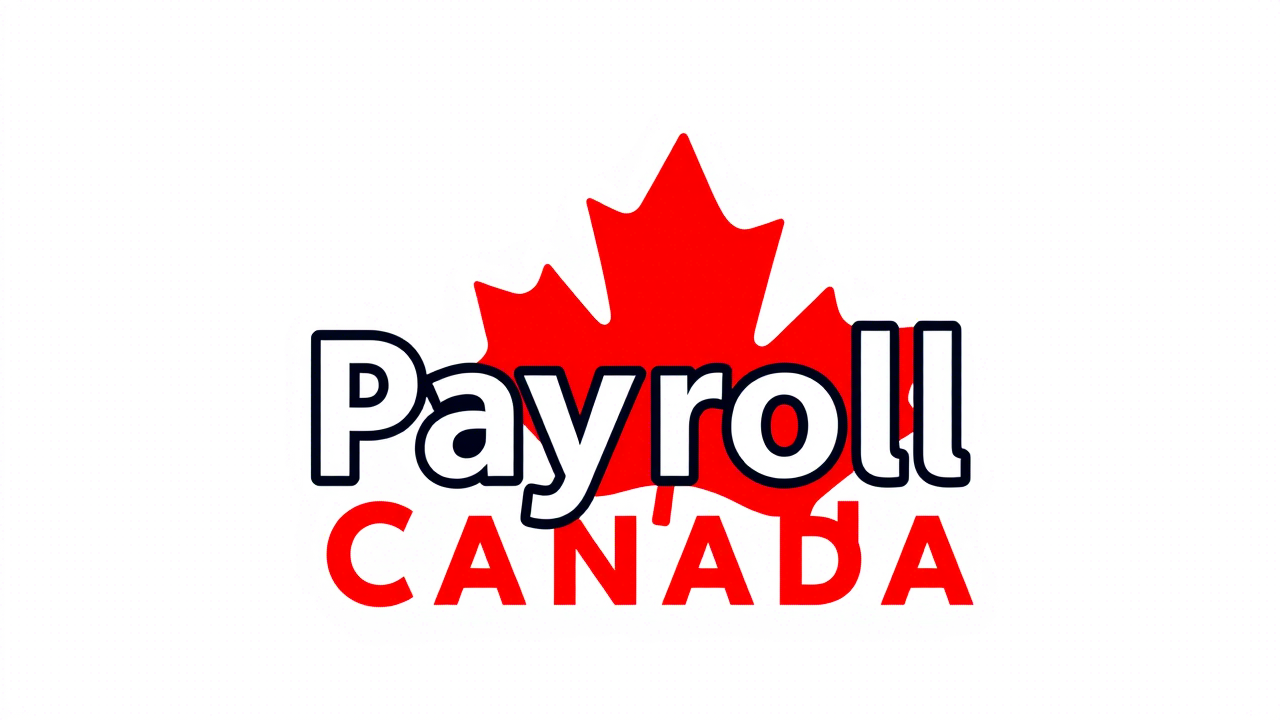Non-profit organizations and charities play a vital role in Canadian society, addressing critical social, environmental, and community needs. However, managing payroll in these sectors comes with unique challenges due to limited budgets, volunteer-heavy workforces, and complex compliance requirements. Effective payroll management is essential for ensuring employees are paid accurately and on time while maintaining transparency and compliance with Canadian tax laws. In this article, we’ll explore how non-profits and charities can streamline payroll processes and overcome common challenges.
Unique Payroll Challenges for Non-Profits and Charities
Non-profits and charities operate differently from for-profit businesses, which introduces specific payroll complexities:
1. Limited Budgets
Non-profits often operate on tight budgets, making it challenging to invest in advanced payroll tools or hire dedicated payroll staff.
2. Mixed Workforce
Many non-profits rely on a mix of full-time employees, part-time workers, and volunteers. While volunteers don’t receive wages, they may receive stipends or reimbursements that could have payroll implications.
3. Compliance with CRA and Provincial Laws
Like all Canadian employers, non-profits must comply with federal and provincial payroll regulations, including deductions for CPP, EI, and income taxes. Mistakes can lead to penalties that strain already-limited resources.
4. Grant Restrictions
Some funding sources impose restrictions on how salaries and benefits are allocated, requiring detailed payroll reporting to ensure compliance with grant agreements.
5. Transparency and Accountability
Non-profits and charities are accountable to donors, stakeholders, and regulatory bodies. Accurate payroll records are crucial for financial transparency and audits.
Tips for Simplifying Payroll Management in Non-Profits
1. Leverage Affordable Payroll Tools
While budgets may be tight, investing in affordable payroll software can save time and reduce errors. Many platforms offer tiered pricing plans tailored to small organizations.
Solution:
Choose cloud-based payroll solutions like VTAC Payroll Management , which provide automated tax calculations, CRA remittances, and compliance updates at an affordable cost.
2. Differentiate Between Volunteers and Paid Staff
It’s important to clearly distinguish between volunteers and paid employees to avoid misclassification. Volunteers who receive stipends or honorariums may still need to report this income for tax purposes.
Solution:
Use payroll software that allows you to categorize payments appropriately—whether as wages, stipends, or reimbursements—and issue accurate T4 slips at year-end.
3. Automate Reporting for Grants and Audits
Grant-funded organizations often need to provide detailed reports on salary allocations and expenditures. Manual reporting can be time-consuming and prone to errors.
Solution:
Implement payroll systems that generate customizable reports, making it easier to track and demonstrate how funds are being used. This ensures compliance with grant requirements and simplifies audits.
4. Stay Compliant with CRA and Provincial Regulations
Non-profits must adhere to the same payroll regulations as for-profit businesses, including remitting deductions to the CRA and adhering to provincial labor laws.
Solution:
Use payroll tools that automatically update to reflect changes in tax rates, minimum wage laws, and other regulations. This reduces the risk of non-compliance and penalties.
5. Educate Staff on Payroll Policies
Employees and volunteers may not be familiar with payroll processes or their tax obligations, especially if they’re receiving stipends or honorariums.
Solution:
Provide clear communication about payroll policies and educate staff on their responsibilities, such as reporting income for tax purposes. Use employee self-service portals to give them easy access to pay stubs and tax forms.
Tools to Simplify Payroll for Non-Profits and Charities
Managing payroll efficiently requires the right tools. Here are some top solutions tailored to the needs of non-profits and charities:
1. VTAC Payroll Management
VTAC Payroll Management is an excellent choice for non-profits looking to simplify payroll without breaking the bank. Key features include:
- Affordable Pricing: Transparent plans designed for small organizations with limited budgets.
- Compliance Assurance: Automatically updates to reflect CRA and provincial regulations.
- Customizable Reports: Generates detailed reports for grants, audits, and financial transparency.
- Volunteer Payment Tracking: Allows organizations to manage stipends and reimbursements accurately.
By leveraging VTAC Payroll Management , non-profits can streamline payroll processes while ensuring compliance and accountability.
2. Wave Payroll
Wave Payroll is a budget-friendly option for small non-profits. It offers:
- Free Payroll Software: Available for businesses with fewer than 10 employees.
- Direct Deposit: Ensures timely payments to employees.
- Simple Interface: Easy to use, even for beginners.
While Wave is cost-effective, it may lack some advanced features needed for larger organizations or those with complex payroll needs.
3. QuickBooks Payroll
QuickBooks Payroll is another popular option for non-profits that need more robust features. It offers:
- Automated Tax Filings: Handles remittances to the CRA automatically.
- Customizable Pay Schedules: Supports weekly, biweekly, or monthly payments.
- Integration with Accounting Tools: Syncs seamlessly with QuickBooks Online for streamlined financial management.
This platform is ideal for non-profits that already use QuickBooks for accounting and need a unified system.
Common Mistakes to Avoid
To ensure smooth payroll processing, non-profits and charities should avoid these common mistakes:
1. Misclassifying Workers
Incorrectly classifying employees as volunteers or contractors can lead to legal and financial consequences.
Solution:
Understand the differences between employee classifications and consult a payroll expert if unsure.
2. Overlooking Volunteer Stipends
Stipends or honorariums provided to volunteers may still need to be reported for tax purposes.
Solution:
Track all payments made to volunteers and issue T4A slips if required by the CRA.
3. Failing to Reconcile Payroll Records
Inconsistent or incomplete payroll records can complicate audits and strain donor trust.
Solution:
Regularly reconcile payroll data and maintain organized records for at least six years, as required by the CRA.
Conclusion
Effective payroll management is essential for non-profits and charities to ensure compliance, maintain transparency, and support their missions. By leveraging affordable payroll tools, staying compliant with regulations, and educating staff on payroll policies, these organizations can streamline processes and focus on making a positive impact.
Take the stress out of payroll today by exploring VTAC Payroll Management —a comprehensive solution designed to meet the unique needs of non-profits and charities. Visit their website to learn more and get started.




